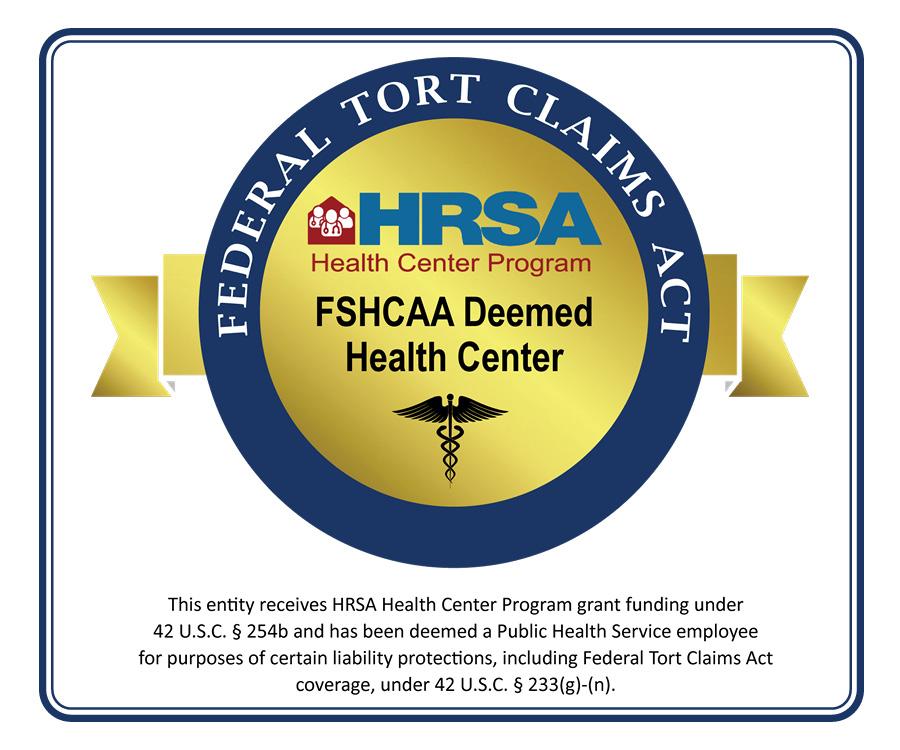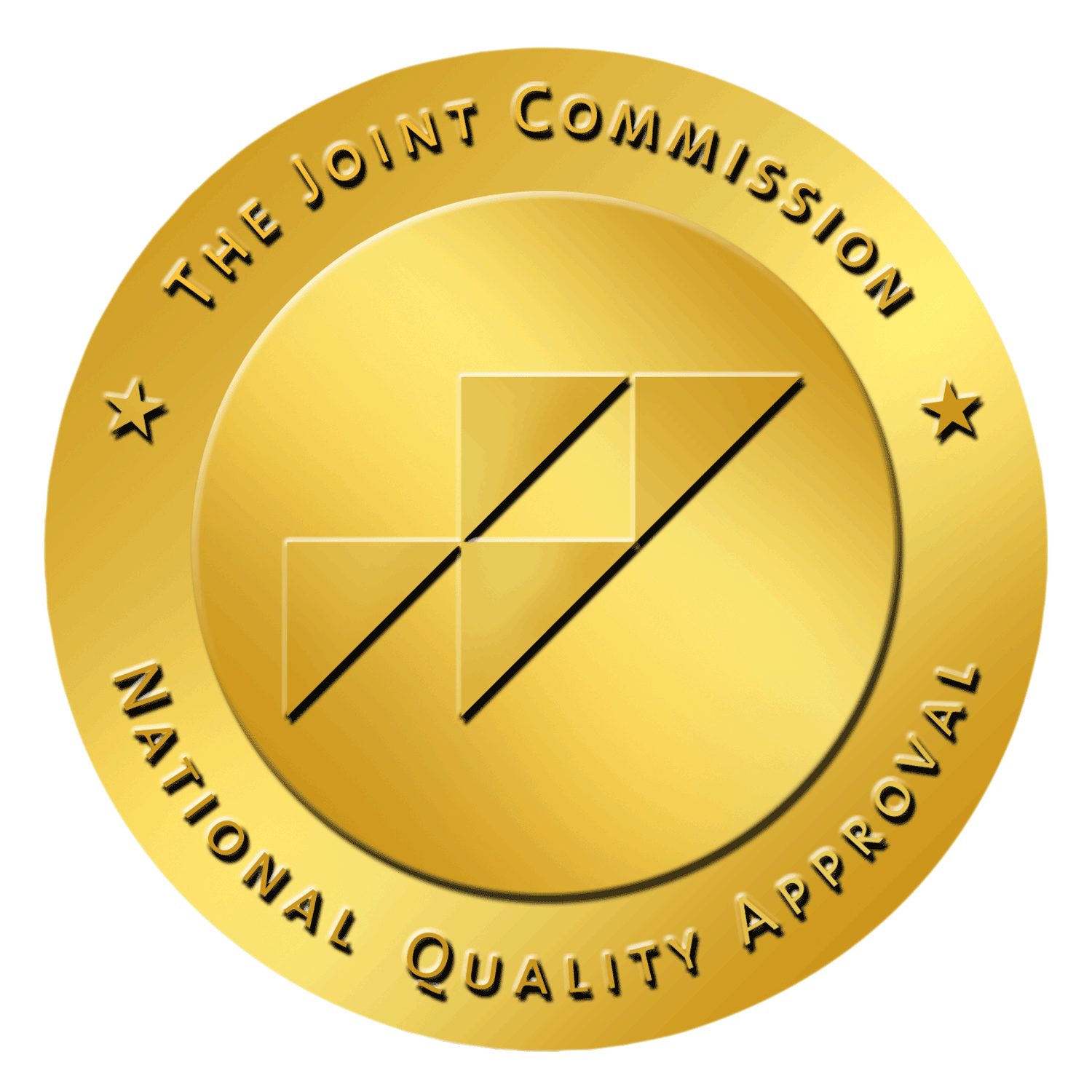Pediatric Influenza and RSV in California

We Treat Common Pediatric Illnesses
Children are bound to get sick once in a while, whether that’s catching a cold from another child on the playground or developing an allergy. Fortunately, Family HealthCare Network is here to help you care for your sick child. Our providers have specialized training in pediatrics, and over the years, we’ve treated countless children in Visalia, CA with common illnesses. Take a look at our guide to recognizing and treating the common cold, flu, allergies, and RSV.
Treating a Child’s Cold Symptoms
The common cold is just that—common. Children and adults of all ages develop these symptoms once in a while, and it’s helpful to know exactly what you’re dealing with. Here’s our brief guide to the common cold:
What Is a Cold?
A common cold is a viral infection that affects the upper respiratory tract, including the nose and throat. It’s usually caused by rhinoviruses and spreads through close contact with infected individuals or contaminated surfaces. Symptoms typically resolve within a week to ten days, and treatment focuses on relieving symptoms and supporting the body’s natural healing process. The following symptoms often indicate a case of the common cold:
- Stuffy or runny nose
- Sneezing
- Coughing
- Watery eyes
- Headaches
- Low-grade fever
- Sore throat
Treatment Options
While there is no cure, the good news is that you can treat the common cold with several at-home remedies. Try these strategies for managing symptoms:
- Stay Hydrated: Drinking plenty of fluids, especially water, can help loosen congestion and prevent dehydration.
- Get Adequate Rest: Resting allows your body to recover and heal more efficiently. It helps conserve energy and supports your immune system in fighting off the viral infection.
- Use Saline Nasal Drops or Sprays: Using saline nasal drops or sprays keeps the nasal passages moist, relieves congestion, and loosens mucus. For younger children, a suction bulb might also be used to clear mucus.
- Gargle with Warm Salt Water: Try gargling with warm salt water to temporarily soothe a sore throat.
- Take Over-the-counter Medications: Over-the-counter medications may alleviate specific symptoms associated with the common cold. Take pain relievers for aches and fever or cough suppressants and throat lozenges to combat a sore throat. Always consult with your pediatrician before giving your child medication.
What to Know About Influenza in Children
Influenza, or the flu, is very common in children as well as adults. It’s more severe than the common cold and could require a visit to the doctor. Here’s what you need to know:
What Is the Flu?
The flu is a highly contagious viral respiratory illness. It spreads through respiratory droplets when an infected person coughs, sneezes, or talks, but it can also be contracted by touching contaminated surfaces and then touching the face. The flu ranges from mild to severe, and in some cases, it can lead to complications such as pneumonia. Practicing good hygiene and getting an annual flu shot are essential to reducing your risk of getting sick. Watch for these flu symptoms:
- Fever
- Body aches
- Fatigue
- Cough
- Sore throat
- Nasal congestion
- Headache
Treatment Options
Fortunately, flu symptoms can be managed in several ways. Some of these you can do at home, but many should be done with guidance from a healthcare professional. These approaches may help alleviate flu symptoms:
- Antiviral Medications: Prescription antiviral drugs are used to treat the flu and help reduce the severity and duration of symptoms.
- Rest and Hydration: Getting plenty of rest is crucial for allowing your body to recover and heal. Additionally, staying hydrated by drinking fluids such as water or juice may speed along the recovery process.
- Over-the-counter medications: You can purchase several medications at your local drugstore to relieve flu symptoms. Ask your doctor about acetaminophen (Tylenol) or ibuprofen (Advil), which alleviate fever, body aches, and headaches. Be sure to follow the recommended dosage and consult with a healthcare professional, especially if you have underlying health conditions.
Addressing Pediatric Allergy Symptoms
Our pediatric team often treats children with allergies. This common childhood condition is bothersome but can be managed with the appropriate guidance. Learn more about how allergies occur.
What Are Allergies?
Allergies are an immune system response to specific substances in the environment. These substances, like pollen or pet dander, are harmless to most people but cause a significant reaction in people with allergies. Some allergies persist throughout the year, while others, like hay fever, are seasonal. Coming into contact with an allergen causes a release of chemicals, which leads to these symptoms:
- Sneezing
- Itching
- Watery eyes
- Runny nose
- Skin rashes
- Difficulty breathing (in severe cases)
Treatment Options
Allergies aren’t a big deal for some people, only causing annoyance once in a while. But for many, allergies can trigger life-threatening reactions. Because of the wide-ranging severity, seeking treatment is crucial. Our walk-in clinic can tell you more about these approaches:
- Antihistamines: Antihistamine medications may alleviate symptoms such as sneezing, itching, and runny nose. They work by blocking the effects of the chemical released during an allergic reaction.
- Nasal Sprays: Nasal sprays containing corticosteroids can help reduce inflammation in the nasal passages and relieve congestion, itching, and sneezing.
- Eye Drops: If your child experiences itchy, red, and watery eyes due to allergies, eye drops may provide relief. They often help reduce inflammation and soothe the eyes. Ask your doctor about prescription or over-the-counter drops.
- Allergen Avoidance: Identifying and avoiding the specific allergens that trigger your child’s allergies is essential. From there, you can take measures to help them avoid those allergens. Precautions might involve keeping pets out of certain areas, using allergen-proof covers on bedding, and minimizing exposure to pollen.
- Immunotherapy: In cases of severe allergies or when avoidance measures and medications do not provide sufficient relief, allergen immunotherapy (allergy shots) may be recommended. These shots gradually expose the child to small amounts of the allergen to desensitize their immune system over time.
RSV, Its Symptoms, and Its Treatment
RSV is a common culprit of keeping kids out of school for days on end. If your child has come down with a case of respiratory syncytial virus, be sure to get in touch with your doctor at Family HealthCare Network. Our urgent care providers would be glad to expand on the basic information below.
What Is RSV?
RSV is a common respiratory virus that can cause mild to severe respiratory illness, particularly in young children. It typically infects the lungs and breathing passages, resulting in symptoms similar to those of a cold. In most healthy individuals, RSV causes only mild symptoms that resolve on their own. However, RSV can be more severe in infants, older adults, and individuals with weakened immune systems. Severe cases may lead to bronchiolitis (inflammation of the small airways in the lungs) or pneumonia. Because of the potential severity, seeking medical attention is vital. Be on the lookout for these symptoms of RSV:
- Runny nose
- Coughing
- Sneezing
- Wheezing
- Fever
- Changes in appetite
Treatment Options
The medical professionals at Family HealthCare Network have helped dozens of children with RSV, and we can recommend several approaches to recovery. Here are some methods we often suggest:
- Supportive Care: Most cases of RSV resolve on their own with time and supportive care. This includes getting plenty of rest, staying hydrated, and using saline nose drops to alleviate congestion.
- Fever and Pain Relief: Over-the-counter medications like acetaminophen or ibuprofen can manage fever and discomfort in individuals over a certain age. Keep in mind that medications like aspirin should never be given to children.
- Antiviral Medication: While antiviral medication is not routinely recommended for RSV infections, it may be considered in more severe cases or for individuals with underlying health conditions. Your provider will determine whether an antiviral is necessary after evaluating your child’s condition.
Learn More From Your California Healthcare Provider
If you have questions about the cold, flu, RSV, or allergies, don’t hesitate to reach out to Family HealthCare Network. Our 20+ locations include Hanford, Visalia, Fresno, Allensworth, Farmersville, Laton, Poplar, Richgrove, Woodlake, Tulare, Traver, Three Rivers, Terra Bella, Strathmore, Squaw Valley, Springville, Selma, Reedley, Porterville, Pixley, Ivanhoe, Goshen, Exeter, Dinuba, and Cutler-Orosi, California. Our providers have years of training in treating these pediatric illnesses. Contact us today to make an appointment.




